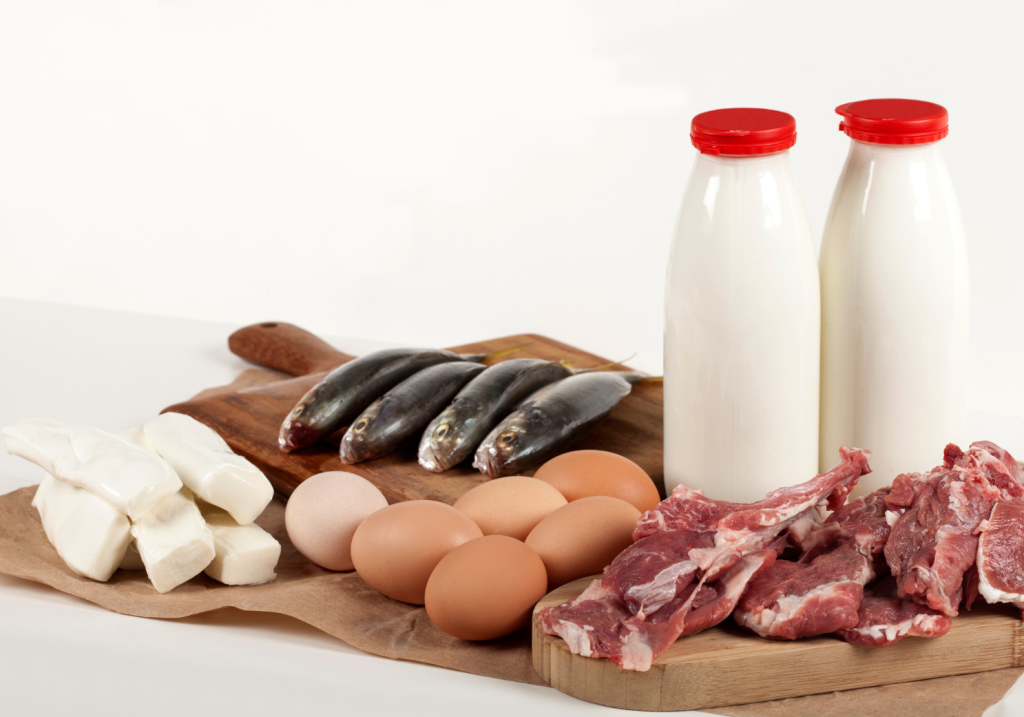Leprosy/Tzaraas

I wanted to ask you if the Tzaraas leprosy described in the Torah still exists. It says that if a pink or white patch appears on the skin a Kohen is summoned and he judges it…Does that still happen today?
Learning Without Doing

I am confused. My question is, I am a woman whom has grown up Reformed my entire life and have begun Jewish learning over the past couple of years. Now that I am learning, I am feeling bad about some things I’m not observing. For example, I now know that the Torah forbids eating shrimp, although I’m not ready to give it up. This worries me, since now I know about it and am still doing it. I’m worried G-d is going to strike me down or something. If I would have just stayed at Temple and not gotten involved in Jewish learning I would have no worries because I wouldn’t know anything and therefore not feel bad about anything I’m doing wrong. If I’m not intending, at the moment, to become more observant, is it better that I don’t study so I won’t be more liable in heaven for what I know and don’t do? Or is it better to study anyway?
Kosher Kitchen

We are becoming more observant and considering becoming kosher. If we decide to do so, what process, if any, is available to make our dishes kosher, or must we get all new dishes?
Kosher Wine

I have asked this question and have not had a satisfactory answer
from anyone. If grapes (or apples, or any other fruit) are kosher,
and if grapes are left to ferment, with nothing added and become wine, why isn’t the wine kosher? I have been told that the people who make the wine are not Jews and therefore, the finished product is not kosher. That, in my opinion is nonsense. If cows are kosher, and the milk that comes from them is kosher, does this mean that if the farmer is not a Jew, the milk is not kosher?
There are about 60,000 Jews in the Dallas area who are not affiliated with a synagogue (I am one of them) and answers like this are only causing them (and me) to just give up on Judaism as the answers to common questions like this are meaningless. I am very confused and frustrated.
Kosher: Meat and Milk

I have always had trouble understanding the prohibition of consuming meat together with milk. I can understand if there are certain animals that their consumption has a negative effect on a person. But if an animal is kosher by itself, and the milk is kosher, why should they be forbidden if they’re together?